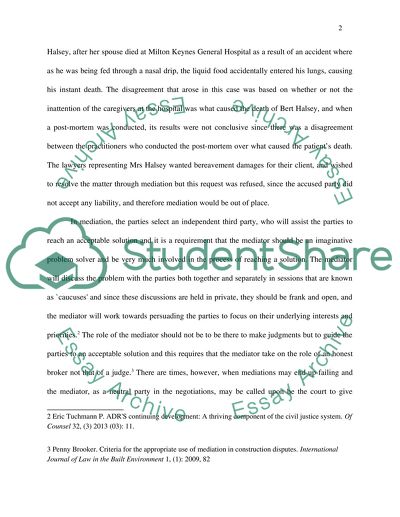Cite this document
(“Critically discuss recent judicial decisions regarding the attitude of Essay”, n.d.)
Retrieved from https://studentshare.org/law/1484581-critically-discuss-recent-judicial-decisions
Retrieved from https://studentshare.org/law/1484581-critically-discuss-recent-judicial-decisions
(Critically Discuss Recent Judicial Decisions Regarding the Attitude of Essay)
https://studentshare.org/law/1484581-critically-discuss-recent-judicial-decisions.
https://studentshare.org/law/1484581-critically-discuss-recent-judicial-decisions.
“Critically Discuss Recent Judicial Decisions Regarding the Attitude of Essay”, n.d. https://studentshare.org/law/1484581-critically-discuss-recent-judicial-decisions.


